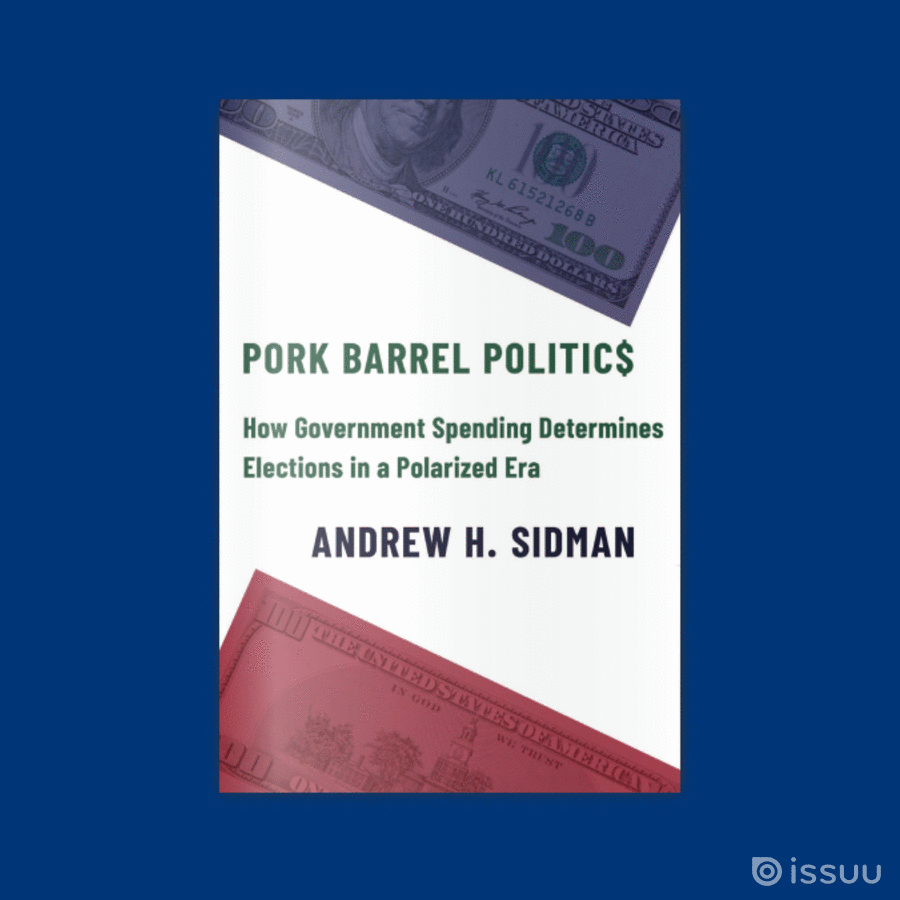A View on the Failures of New Classical Economics from The Economists' Voice 2.0
After the financial crisis of 2008, economists debated the applicability of New Classical Economics. Did this macroeconomic theory with its faith in markets fail to predict or understand looming economic problems? Paul Krugman criticized New Classical Economics while University of Chicago Professor defended it. In his essay from The Economists’ Voice 2.0: The Financial Crisis, Health Care Reform, and More, “If It Were a Fight, They Would Have Stopped It in December of 2008,” Robert J. Barbera responds to Carey Mulligan. You can also read Mulligan’s response to Barbera in The Economists’ Voice 2.0.
The facts on the ground, however, refused to cooperate. In the fourth quarter of 2008, as Professor Mulligan penned his words, 1.68 million payroll jobs were lost, and the unemployment rate jumped by a full percentage point, to 7.2 percent. Needless to say, more than 90 percent of the job losers worked outside the financial sector. All of this carnage was already looming when Professor Mulligan wrote his Times essay. The conclusion I am forced to come to is that the new classical economics framework seems to be an impediment not only to prediction but to description.
To be sure, a single forecasting error is not sufficient grounds to dismiss either a framework or a forecaster. Indeed, if getting a prediction wrong was all it took for dismissal, the unemployment rate among forecasters would be awfully close to 100 percent. At the same time, if unwavering faith in a framework blinds you to both the potential for crisis and to its actual arrival, you have a big problem.
Worse still, if you and your framework have the ear of policy makers, you might well become a problem for all of us. To put it bluntly, it is dangerous to pretend that bank runs cannot happen—especially when you are knee deep in one.
Isn’t it reasonable for all economists to acknowledge that the events of the past year were a whopping big natural experiment? In the aftermath of the failed Lehman Brothers rescue effort, two very distinct story lines appeared. Shouldn’t we all care about which narrative carried the day?
Keynesian economists, comfortable with the elaborations of Hyman Minsky and Charles Kindleberger, declared in late 2008 that we were experiencing a Minsky moment. The signs were there: bank run dynamics in the repo market and a collapsing commercial paper market. Panic hoarding of cash by companies on Main Street was destined to follow. This would produce a slashing of orders and a sharp rise in joblessness. A massive bank rescue effort might well prevent a depression from happening again, but a tough recession was baked in the cake.
New Classical economists could not have disagreed more. “Forget the banks,” they explained; pension funds and insurance companies will wisely step in and prevent a contagion. Companies will continue to see their pro.ts rise and will be comfortable depending on internally generated funds for working capital. Economists need only focus on the heady marginal product of capital in place in 2007 and 2008. On that basis they should be willing to argue that 2009 would surprise on the upside. Faith in unfettered markets and the New Classical tradition would be rewarded when 2009 turns out to be fine.
NOT A PRETTY PICTURE
The results, of course, have come in.
A modern-day bank run unfolded in the repo market. The contagion infected risky asset markets in areas far removed from housing or banking. Pension funds, university endowments, and banks were engulfed in the crisis and in no mood to step up as lenders. Companies hoarded cash and were universally unwilling to depend on internally generated funds. The result was a global plunge of activity and employment. A worldwide rescue of banks ensued; and then, in classic Kindlebergian form, an unmistakable revival in risky asset markets; and, most recently, signs of economic recovery.
Professor Mulligan, of course, interprets the past year very differently. Undaunted by his fantastic forecasting error, his December 2009 essay recasts the story of the period 2008–2009. For Mulligan, notwithstanding “the current recession’s capital market theatrics . . . much of the action is with the labor supply residual.” What caused the labor supply shock? Mulligan notes “that the minimum wage was hiked three consecutive times.” But the important point to remember, as I see it, is not what Professor Mulligan asserted last month but instead what he counseled in late 2008. Sadly for him and for all of us, everything he expected to happen did not come to pass. Everything he dismissed as unlikely actually happened in spades.
Am I missing something? I am sure that many real-business-cycle zealots think I have missed almost everything. But for the majority of economists, those who use theory to try and make sense of the world, shouldn’t we all agree that the New Classical framework failed in spectacular fashion last year?
IRRATIONAL EXUBERANCE
For me, the hard part in all of this is to figure out how anyone is still willing to make a rational case for New Classical Economics. My best explanation arrives via my own experience as a baseball fan. I have been a Mets fan since 1963, surrounded by an extended family of Yankee fans. This exercise in masochism has caused me untoward humiliation and embarrassment for de cades. But my commitment occurred in my formative years, and I just can’t bring myself to acknowledge the long-standing and readily observable superiority of the Yankee tradition. It is not rational for me to remain a Mets fan, but my emotional attachment wins out over my rational self.
Is it rational for real-business-cycle enthusiasts to defend a model that missed the biggest economic event of our lifetimes? Or are emotions getting the better of them?


